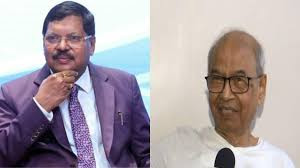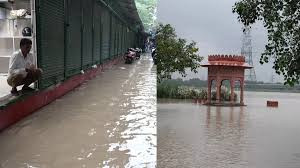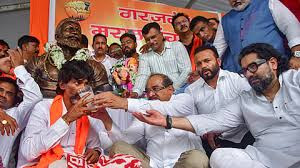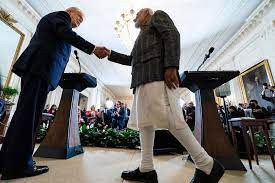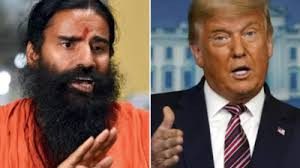Ahua Moitra Receives Show Cause Notice Over Alleged Occupation of Government Bungalow

IIE Digital Desk:Member of Parliament Ahua Moitra has found herself at the center of controversy as she receives a show cause notice for allegedly failing to vacate a government bungalow. The notice, issued by the concerned authorities, questions Moitra's continued residence in the government accommodation despite the stipulated protocols.
The notice comes after authorities discovered that Moitra, a prominent figure in Indian politics, had not complied with the official directives to vacate the government bungalow. Such accommodations are typically allotted to elected officials during their tenure, and adherence to the stipulated timelines for departure is crucial for the smooth functioning of the system.
While the show cause notice does not explicitly outline the reasons behind Moitra's delayed relocation, it emphasizes the need for all public representatives to adhere to the established guidelines and timelines. Government accommodations are allocated with the understanding that officials will vacate the premises once their tenure or relevant entitlements cease.
Moitra's continued occupation of the government bungalow raises questions about the responsible use of public resources and adherence to established norms. The notice serves as a formal inquiry into the circumstances surrounding her extended stay, seeking a detailed explanation for the non-compliance with the prescribed regulations.
The controversy surrounding Moitra's alleged failure to vacate the government residence adds a layer of scrutiny to her public image. Elected officials are expected to uphold the highest standards of transparency and accountability, and any deviation from these norms can attract public attention and critique.
As this issue unfolds, it prompts a broader conversation about the need for stringent monitoring mechanisms to ensure the timely release of government accommodations and the responsible use of public resources by elected representatives. The outcome of this inquiry will likely have repercussions not only for Ahua Moitra but also for the larger discourse surrounding the ethical conduct of public officials.
You might also like!





